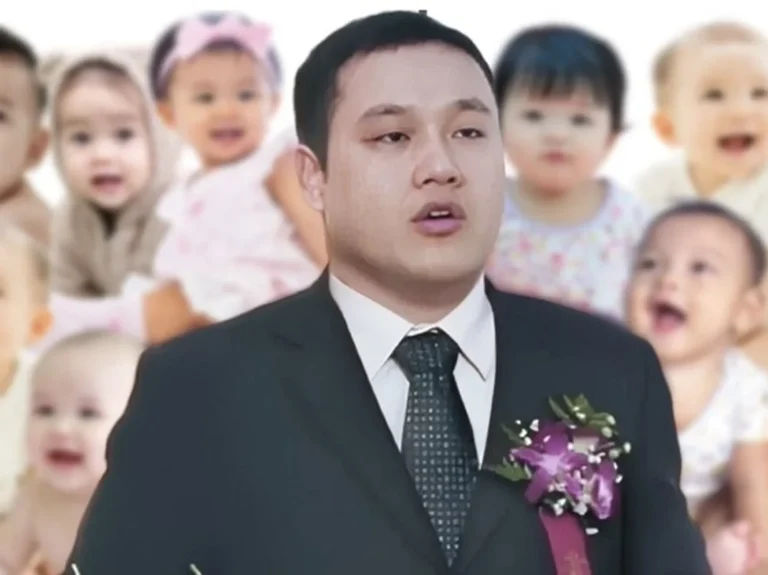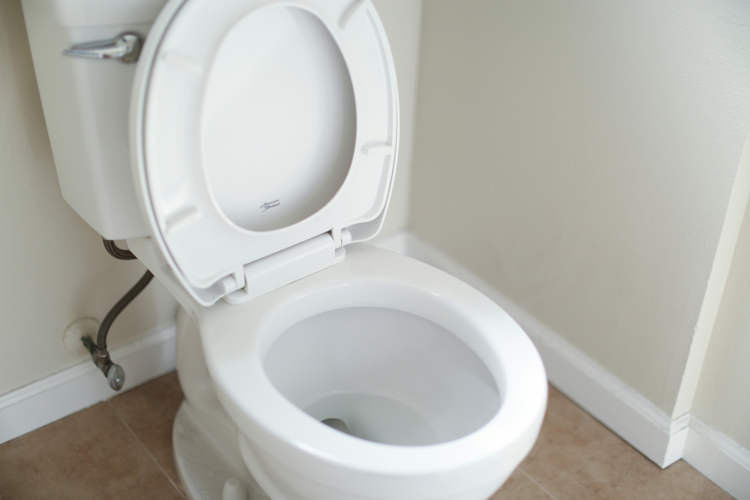I had heard of African names with clicks before, like ǂXóõ, ǂHõã and !Kung, but I thought they were limited to just a few words. Now, after some research, I’ve realized that clicks are used quite extensively in many South African languages.
If you’re having trouble understanding the click and its use, think of it this way – it’s just like any other consonant used in the English language.
The credit for introducing clicks to a worldwide audience goes to singer Miriam Makeba, whose life has been celebrated on Google’s Doodles this year. In her 1957 hit single, Pata Pata, you can clearly hear clicks in the lyrics. “Everywhere we go, people often ask me, ‘How do you make that noise?’” she said during an interview in 1979. “It used to offend me because it isn’t a noise. It’s my language,” she clarified.
Photo: Wikipedia
The language Miriam was talking about is Xhosa, the second most common language in South Africa. It includes three types of clicks – denoted by the letters C, X and Q. Xhosa is pronounced: ‘<Click!>osa’.
The ‘C’ click is made by placing the tip of the tongue on the roof of the mouth near the incisors and making a ‘tsk tsk’ sound. For the ‘X’ click, you place the side of the tongue against the teeth and inhale, making a clicking sound. The ‘Q’ click is produced by placing the tip of the tongue against the roof of the mouth and snapping it downwards. If you do it right, you should make a loud ‘clop’ sound. Find it confusing? Well, there are video tutorials online that you can follow to get the hang of it.
Xhosa is quite a popular language, and very much a part of modern South Africa. It is spoken by 7.9 million people – that’s 18 percent of the South African population. There’s even some Xhosa rap with a good amount of clicking in it. Not all clicking languages are as popular. N|uu, for instance, has only 10 remaining speakers. To be fair, it is a lot more complicated than Xhosa. Linguists spent years trying to figure out the sounds make by the speakers of N|uu. Finally, they made an ultrasonic apparatus to measure the accurate positions of the tongue.
Zulu, the most common South African language, is widely spoken in Gauteng and along the East Coast in Kwa-Zulu Natal. Unlike Xhosa, the clicks and words in Zulu are differentiated only by tone, not by spelling.
Surprisingly, Africa isn’t the only continent where clicks are part of the language. In the Lardil and Yangkaal Aboriginal peoples living in islands off Australia, some men would undergo initiation ceremonies to speak a language called Damin. The language, now believed to be extinct, had included nasal clicks.
I’m not from Africa or Australia, but I’ve heard my fair share of clicks growing up – only when my mother wasn’t very pleased with me!














